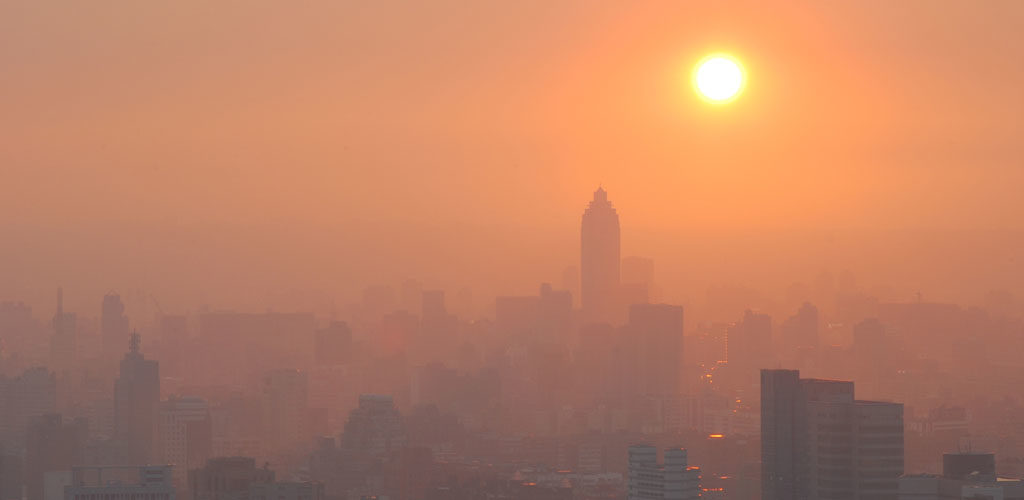Reviews: The End of Ice: Bearing Witness and Finding Meaning in the Path of Climate Disruption & The Rising Tide: Among the Islands and Atolls of the Pacific Ocean
Mark Twain once said that contemplating glaciers reduces one’s self-importance to zero. Unfortunately, most of us live a long way from glaciers, so therefore we don’t learn the lesson. In fact, our self-importance is detrimental to glaciers, as Dahr Jamail’s sobering book reminds us. Jamail reports on what will likely happen and, more importantly, on what is happening right now, but the problem is, the worst effects of climate change are happening in places remote from the centres of ‘civilisation’: New York, London, Singapore, Sydney, and even if information is abundant, we don’t immediately experience the effects. If, however, we do travel to the places where things are dire, Jamail suggests, it is like sitting at the bedside of a dying friend.
What’s the diagnosis? Well, the size of glaciers in European Alps has been reduced by half. It is worse in Antarctica. In Montana’s Glacier National Park the name is rapidly becoming ironic, as 85% of the ice has disappeared there. This is significant for farms, rivers, city drinking water, the food chain, species diversity. Glaciers are reservoirs that let out water gradually. Without them, flash flooding is increased, as well as water shortages in the summer months. This is just the tip of the climate iceberg. Changes are happening so rapidly that animal and plant populations can’t adjust.
Also remote from New York and Sydney, the Arctic is experiencing less ice, meaning less animals, less hunting, and a lessening of traditional Inuit lifestyles, which forces more indigenous people to the cities or Western consumerism, putting more pressure on the environment and the climate. In a sad twist, it is mostly the poorer populations, the ones contributing less to the problem, that are most affected by a warming climate.
The Pacific Islands may seem a long way from the Arctic, but the end of ice means a rising tide for our low-lying Pacific neighbours, as Tom Bamforth notes in his both light and heavy hearted book that covers the often negative legacy of Western influence. Many island nations are already having to resituate septic tanks and the like to avoid the consequences of higher king tides, as well as planning for more frequent and intense cyclones. They are not merely talking about what might happen. As well as noticing the beaches polluted by plastic, residents have noticed the shift in weather patterns, the unusual dry spells, the rain when it shouldn’t be raining. (Although, sadly, the influence of conservative Christianity on some islands means some take God’s promise to Noah literally to indicate that flooding is an impossibility and they need not worry.)
More affluent countries are not immune, of course. Dahr Jamail reports that while Floridians elect climate change naysayers to public office, the streets are flooding regularly from rising groundwater. Politicians possibly deny to avoid panic, but there are signs that millions of dollars will be lost, housing prices will plummet, insurance will be unavailable. Florida, like many Pacific atolls, is low, and much land could be – will likely be – swallowed by the ocean.
The ocean won’t win either. We are already losing half of our coral reefs, by one estimate. And on land, we have increased bushfires, cyclones. The USA has just experienced record-breaking low temperatures, while bushfires rage in the Amazon, California and around Sydney, as well as in northern Queensland where rainforest hasn’t been known to burn before. Jamail suggests that we need to be realistic about what’s coming, and not think we can ignore it or that it can somehow all be fixed. Importantly, he advises that we need to allow ourselves to grieve. Much is being lost, and much will be lost. Anger is an appropriate response; so is sadness.
For some of us, though, it seems to be business as usual. Literally. When in New York this year, our prime minister decided a business lunch was more pressing than the much-publicised climate discussions, and earlier, in Tuvalu, his response to what responsibilities Australia has for our Pacific neighbours threatened with sea level rise was disappointing, to put it mildly. But he’s not alone. We could all do better in both thinking about how our self-importance is harming the planet and calling our leaders to account.
Nick Mattiske blogs on books at coburgreviewofbooks.wordpress.com












